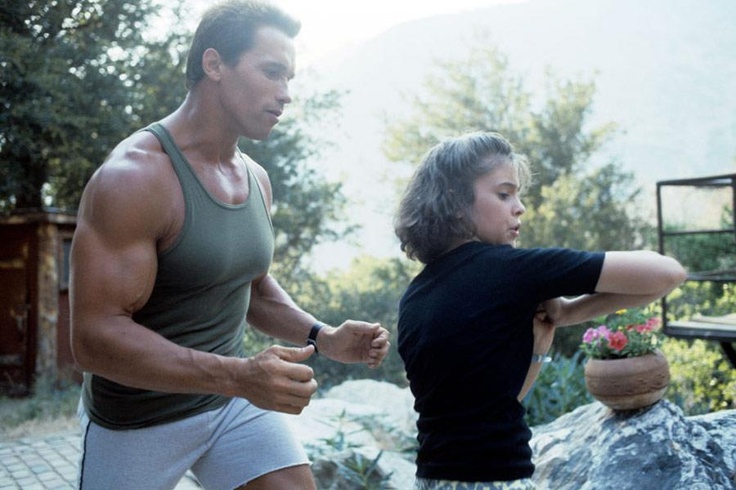Rep. Tom Price, nominee for Secretary of Health and Human Services Secretary, faced questions about his investments in health care companies during a confirmation hearing on Wednesday. Alex Wong/Getty Images hide caption
toggle caption
Alex Wong/Getty Images
Georgia Republican Tom Price, who is President-elect Trump’s choice to run the Department of Health and Human Services, is suddenly drowning in questions over the investments he has made while serving in the House of Representatives.
The issue: Did Price use his position to influence the stock prices of companies he had invested in? Or, alternatively, did he buy shares in companies ahead of actions in Congress that might boost their value?
Price says he followed all congressional ethics rules. But a handful of well-timed trades, and his apparent affinity for companies involved in health care, have raised concerns about his investing habits. Price has served as the Chairman of the powerful House Budget Committee and a member of the tax-writing Ways and Means Committee. As an orthopedic surgeon, he is a member of the health care and doctors caucuses. Any way you slice it, he has been deeply involved in making health policy.
Phillip Blando, a spokesman for Trump’s transition team, said in an email to Shots Thursday, “Dr. Price’s investment agreements for the broker-directed accounts provide the brokers with 100% investment discretion. He provides no direction regarding the investments in those three accounts.”
A broker directing investments doesn’t mitigate the appearance of conflict, says Rob Walker, the former chief counsel to the Senate and House ethics committees. “You can follow the rules and still enter into situations where the public and the press might have questions about whether there are divided loyalties, and conflicts between the personal interest and the public interest,” Walker told Shots.
So here are three problems Price is facing.
1) Innate Immunotherapeutics
Price owns shares in this Australia-based biotech company worth as much as $100,000. The concern among Democrats in the Senate is that he may have bought those shares while having access to confidential information.
Price told Sen. Patty Murray (D.-Wash.), during a hearing Wednesday before the Senate’s Health, Education, Labor and Pensions Committee, that he heard about the company, which is trying to develop drugs to treat multiple sclerosis, from Rep. Chris Collins, (R.-N.Y.). Price said he researched the company, thought it was a good investment and bought a small amount of the stock in April 2016 on the open market.
He later bought more shares, between $50,000 and $100,000 worth — in a so-called private placement, when stock is offered to a select group of hand-picked investors.
The fact that Collins serves on the company’s board and is one of its largest shareholders raises questions about whether he may have had inside information that he shared with a select group of people.
Since Price bought the second round of stock, the price has nearly quadrupled, according to Bloomberg.
Price told Murray that he didn’t believe he got any inside information from Collins.
2) Zimmer Biomet
In March 2016, Price bought 26 shares in this Indiana-based company, which is the world’s largest manufacturer of replacement hips and knees.
Under the Affordable Care Act, Medicare was testing so-called “bundled payments” for joint replacements, under which a hospital receives a flat fee for all the care surrounding the surgery — including the cost of the implant. The idea was to give hospitals an incentive to negotiate for lower prices for the replacement knees and hips that Zimmer Biomet and its competitors make.
Less than a week after buying the shares, Price introduced a bill called the HIP Act that would have suspended the pilot program.
Democrats on the Senate health committee, including Elizabeth Warren (D.-Mass.) and Al Franken (D.-Minn.) suggested Price bought the shares knowing his actions would soon boost the value.
Price told the committee he wasn’t aware he owned the stock because his shares are managed by his broker, who buys and sells on his behalf.
In heated questioning during Wednesday’s hearing, Warren made it clear that Price’s holdings weren’t in a blind trust and that he was regularly informed about the specific stocks his broker bought and sold.
She also outlined several actions Price took after he was notified that he owned Zimmer Biomet stock to advance the HIP Act, including convincing several colleagues to sign on to support the bill.
“I’m offended by the insinuation, senator,” Price said to Warren in one of the more heated moments of the hearing.
3) Othert Trades in Health Care Stocks
In December, The Wall Street Journal reported that Price traded in more than $300,000 in shares of companies involved in health care over four years. Price, as head of the House Budget Committee and a member of the tax-writing Ways and Means Committee, has influence over health care legislation, such as the Affordable Care Act and programs that include Medicare and Medicaid.
Price disclosed all the holdings to the House Clerk’s Office. Those disclosures are made regularly and the Journal compiled hundreds of pages of data and analyzed the trades.
Price hasn’t disputed the paper’s findings. In his agreement with the Office of Government Ethics, he said he would sell his stock in 40 companies, including Zimmer Biomet and Innate Immunotherapeutics.
“We have agreed to every single recommendation that they’ve made to divest of whatever holdings we have that might even give the appearance of a possible conflict,” he said.
The OGE made clear on Twitter Wednesday that it works with incoming members of the incoming administration to avoid future conflicts, but doesn’t investigate accusations of past misconduct.
“These trades were disclosed on his periodic transaction reports,” Walker said. “That doesn’t mean that they were pre-approved or pre-reviewed by an ethics official.”
He said to avoid an appearance of conflict, members of Congress should keep their investments to mutual funds, or in a blind trust.
Let’s block ads! (Why?)


